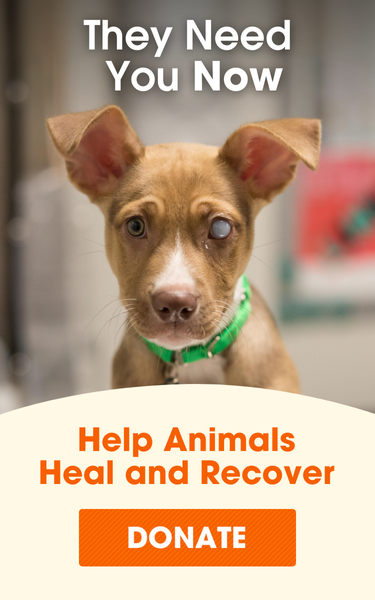
The Official Top 10 Pet Toxins of 2022

At the end of each year, the ASPCA Animal Poison Control Center (APCC) creates a list of the top toxins most commonly reported that year. In 2022 alone, APCC helped hundreds of thousands of animals, providing lifesaving information and easy-to-use safety guides to their pet parents. This week is National Poison Prevention Week which makes this the perfect time to share our top 10 pet toxins of 2022. Keep your pets safe, happy and healthy by watching out for these hazards!
1. Over-the-counter (OTC) medications ranks as the number one top toxin for the fifth year in a row. Ibuprofen, acetaminophen, cold and flu medicine, and vitamins and supplements and joint rubs all fall within this category. These items are often found in homes and in all sorts of hiding places like backpacks and purses.
2. Human Food, especially grapes, raisins, xylitol, onions, garlic and protein and snack bars can be fatal to pets. Be vigilant about any human food that may be lying around for hungry pets to get to.
3. Human prescription medications including, and most commonly seen, antidepressant, anticonvulsant and cardiac medications. Always make sure your prescription medications–and OTC medications–are in closed cabinets that your pet cannot reach.
4. Chocolate, though delicious to humans can cause a lot of trouble for dogs. Be sure to keep your sweets out of paw’s reach.
5. Bouquets and plants, both indoor and outdoor, can cause a threat to our four-legged friends, so make sure to check out our list of toxic and non-toxic plants before bringing a new plant into your home or garden.
6. Household toxicants, like cleaning, beauty and home repair products are all hazardous to pets. Keep these items in cabinets and drawers your pet cannot reach.
7. Veterinary products like chewable medications, including calming chews, are super tasty to pets, which means once they try it, they may try to get into the entire container. Make sure these products stay out of paw’s reach!
8. Rodenticide is very common in the winter months when rodents, like mice and rats, come looking for warmth. The ingredients that make rodenticide so appealing to rodents, has the same effect on cats and dogs. If your pet ingests rodenticide, it can cause bleeding, kidney failure, seizures or even death.
9. Insecticide like ant baits, bug sprays and other yard products can be enticing to pets just as much as bugs. Try using pet-safe product alternatives!
10. Recreational drugs like marijuana joined our top 10 list this year coming in at number 10. Ingestion of marijuana products can cause lethargy, depression, sedation, incoordination or wobbliness and urinary accidents and in more serious cases can cause a decrease in body temperature, changes to the heartrate and blood pressure and prolonged sedation can lead to aspiration pneumonia. Keep all THC products, including edibles, well out of pets reach!
Accidents are called accidents for a reason but keeping the above products out of paw’s reach can decrease the number of accidents we see in a year and keep your pets safe at home.
If you suspect your pet may have ingested something toxic, please contact your veterinarian or the ASPCA Animal Poison Control Center at (888) 426-4435 immediately.
